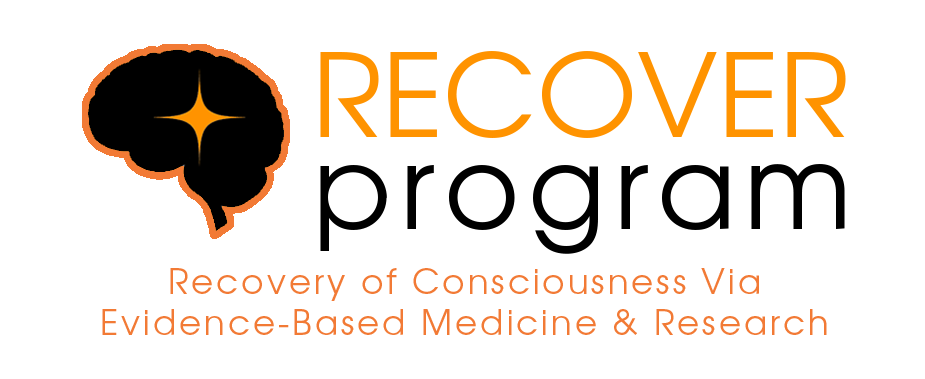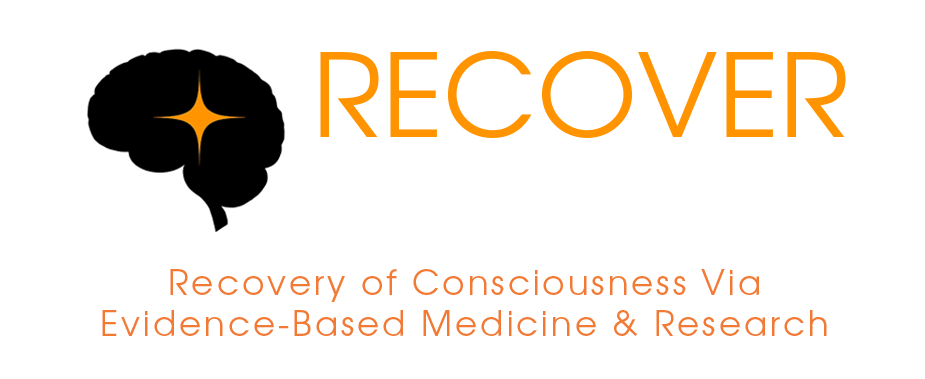RECOVER Transition Program
After their initial hospitalization, many patients with disorders of consciousness from brain injury are discharged to a post-acute level of care, such as an inpatient rehabilitation facility (IRF) or a long-term acute care hospital (LTACH). To provide longitudinal care, the RECOVER Program offers the RECOVER Transition Program to patients discharged to affiliated Good Shepherd Penn Partners post-acute facilities. The purpose of the Transition Program is to provide continuity and specialized management to meet the unique needs of patients with disorders of consciousness from brain injury, as they prepare to transition to the next phase of care.
Patients discharged from post-acute care may continue to be supported through the RECOVER Clinic.
Penn Transition Program Personnel
-
Stephen Hampton, MD
Clinical Lead, RECOVER Transition Program; Assistant Professor, Physical Medicine and Rehabilitation, University of Pennsylvania
Stephen Hampton, MD Website
Stephen Hampton, MD
Clinical Lead, RECOVER Transition Program; Assistant Professor, Physical Medicine and Rehabilitation, University of Pennsylvania
Stephen Hampton, MD Website
-
Read More about David Fischer, MD
David Fischer, MD
Founding Director, RECOVER Program; Assistant Professor, Department of Neurology, Division of Neurocritical Care, University of Pennsylvania
David Fischer, MD Website
David Fischer, MD
Founding Director, RECOVER Program; Assistant Professor, Department of Neurology, Division of Neurocritical Care, University of Pennsylvania
David Fischer, MD Website
David Fischer, M.D., is a neurointensivist and Assistant Professor of Neurology at the University of Pennsylvania. He studied neuroscience and philosophy of mind at Haverford College, obtained his M.D, from Harvard Medical School, and completed neurology residency and neurocritical care fellowship at Massachusetts General Hospital and Brigham and Women’s Hospital. He is dedicated to improving the detection, prediction, and promotion of consciousness recovery after acute severe brain injury. He conceived and built the Recovery of Consciousness Via Evidence-Based Medicine and Research (RECOVER) Program at the University of Pennsylvania. His research has been supported by that National Institutes of Health, the Howard Hughes Medical Institute, the American Academy of Neurology, the Neurocritical Care Society, the Pennsylvania Medical Society, and the Center for Clinical Epidemiology and Biostatistics, among others.



